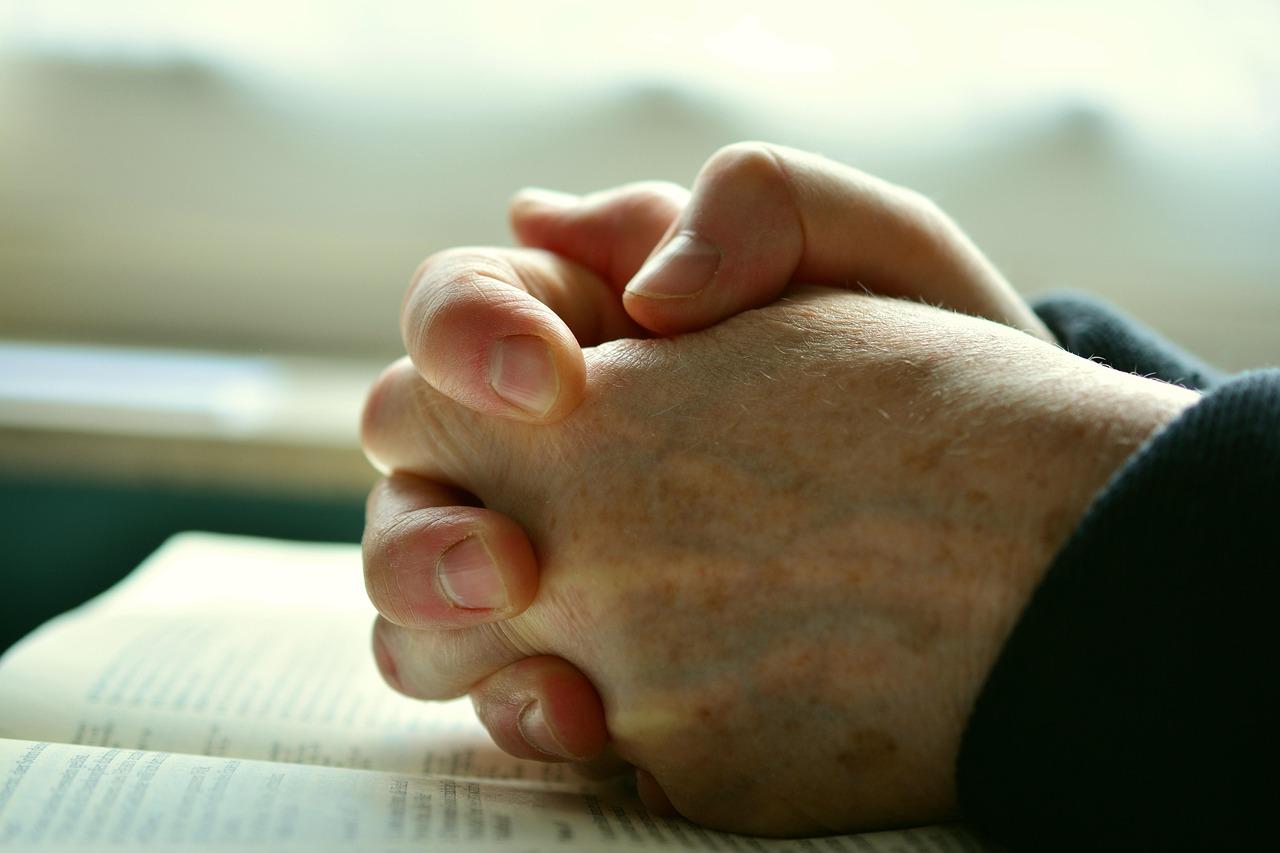Within the Christian tradition, there are three principal ways to pray. Each of these ways are umbrellas that cover vast and diverse forms and types of prayer.
The first way of prayer is vocal. It’s important for us to pray audibly and to become comfortable with vocalizing our prayers. Such a way of prayer allows us to engage our bodily senses and give public witness to the importance and power of prayer.
The second way of prayer is meditation. Meditation is the natural parallel to vocal prayer since it puts our heart behind our words. We have to learn to sit quietly with God and rest in him. Meditation allows us to experience God’s peace while dwelling with him.
Meditation is difficult since we live active lives. Meditation requires us to pause. In order to meditate, we need to be still and rest. These are not natural postures for many people and so the first step toward meditation is to slow things down.
Since meditation can be a hard way of prayer, there are times in which spiritual resources are needed. These resources begin with the Sacred Scriptures and then include other spiritual writings, icons, and religious images. We can also be assisted in meditation by the natural beauty of creation and the twists and turns within the narrative of our own lives.
When it comes to spiritual writings, the Catechism of the Catholic Church gives us some wisdom: “To meditate on what we read helps us to make it our own by confronting it with ourselves.”
When we use a spiritual writing in meditation, the book becomes a part of the meditation. The book is not a break or reprieve. It’s meant to help us to go deeper in the interior life. When we use a spiritual book, we are called to meditate on its contents. In doing so, especially if the spiritual writing is from the Bible, the book is meant to challenge us.
The book is meant to confront us and lead us beyond ourselves and our own way of thinking. It’s meant to introduce something new or different about God and take us deeper into our understanding and relationship with him.
In this process, the book is not alone since it opens the book of the lives. Our own narrative, a constant guide to meditation, is expanded and enriched by the spiritual wisdom of the books we read and bring into our meditation.
The Catechism explains: “Here, another book is opened: the book of life.”
By welcoming spiritual wisdom into our hearts, our lives are opened and our thoughts are led to reality. By wrestling with the various teachings of the spiritual life, we find their place in our lives and give them expression. And so, meditation is not passive. While we are called to rest in meditation, our rest becomes a source of rejuvenation and inspiration. Meditation can become a type of springboard toward greater virtue, selfless service, and the pursuit of peace.
The Catechism teaches: “We pass from thoughts to reality. To the extent that we are humble and faithful, we discover in meditation the movements that stir the heart and we are able to discern them.”
Meditation compels a change, a transformation. It shows us the way to greater love. Such a move, however, requires discernment. Not every thought or inclination in meditation is necessarily from God. We receive spiritual wisdom, we have promptings, and then we must discern. Meditation teaches us not to rush or leap without looking.
When meditation is done well, we realize the importance of time. We don’t rush, but we also don’t needlessly delay. We seek to do God’s will on his time.
In this way, meditation guides to surrender to God and his providence, as the Catechism explains: “It is a question of acting truthfully in order to come into the light: ‘Lord, what do you want me to do?’”
Meditation takes us to the heart of God. We dwell there in harmony with the divine will. We are transformed as we marinate in God’s presence. In this process, we have ideas and promptings, which we discern, mull over, and allow God’s grace to mature and bring to conviction within us. And only then do we act as God’s providence directs us. This is the place of peace and the process we find within meditation.
To receive free daily reflections from Father Kirby, please visit: DailyDiscipleship.org.















